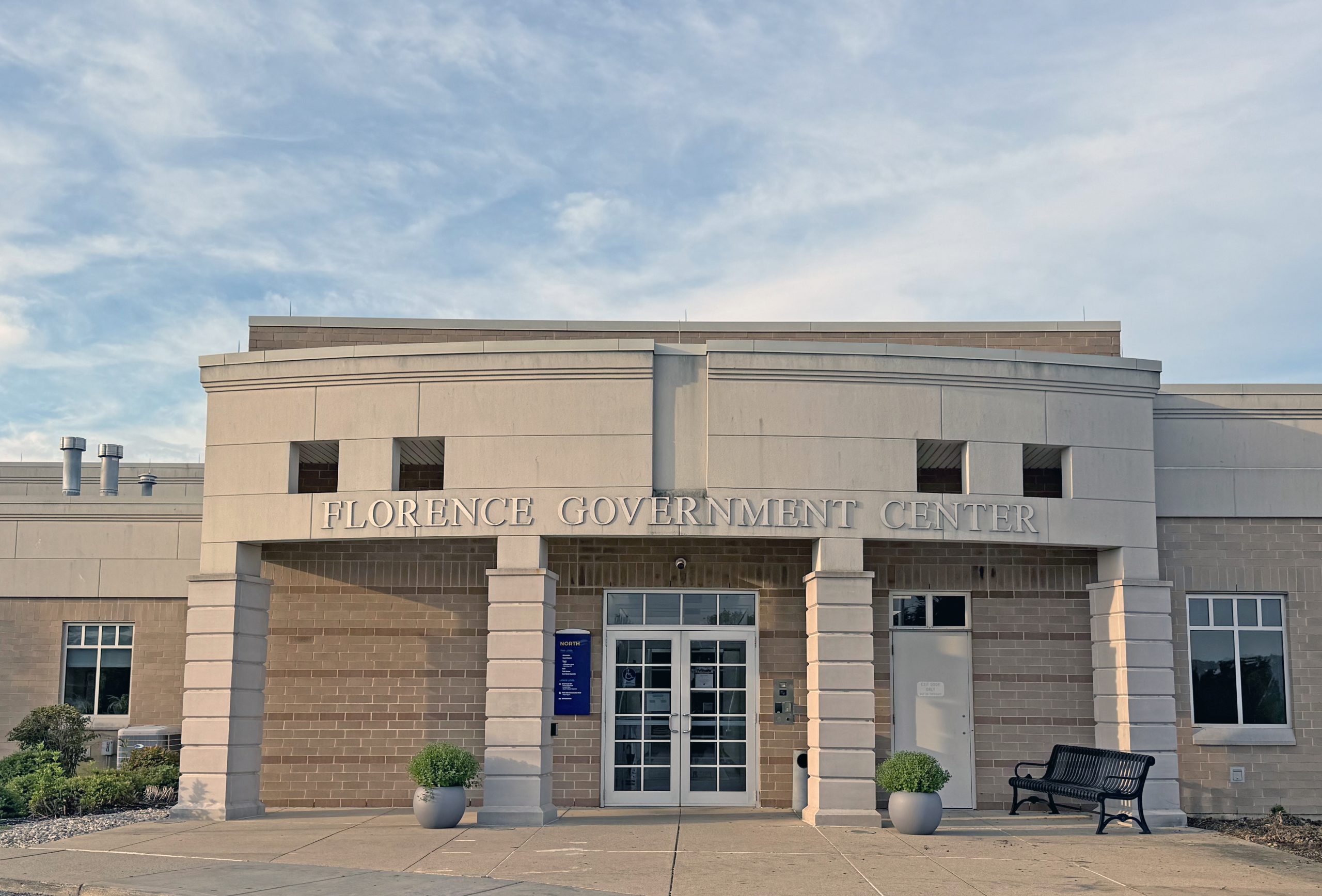In a decisive move to modernize local infrastructure, the Florence City Council approved an ordinance for a non-exclusive electric franchise while also voting to lower taxes for the second year in a row. These unanimous decisions demonstrate the council’s commitment to both economic relief and improved municipal services.
Florence approves new tax rates, electric franchise ordinances

Key Takeaways:
- The Florence City Council voted unanimously to pass two new ordinances.
- A non-exclusive electric franchise will allow bids from utility companies.
- The city lowered taxes for the second consecutive year.
- Infrastructure improvements and economic relief are central to the new measures.
Florence Council’s Two-Pronged Decision
At its Sept. 23 business meeting, the Florence City Council unanimously approved two ordinances that address both infrastructure and finances. The first ordinance centers on creating a bidding process for a non-exclusive electric franchise. The second continues a trend established last year: lowering taxes for local residents.
Establishing the Electric Franchise
Under the newly approved ordinance, the city now has the authority to solicit bids from electric utility companies interested in installing and maintaining essential service lines. By opening this process to multiple businesses, Florence aims to enhance utility competition, potentially improving service quality for residents and businesses alike.
Second Consecutive Tax Cut
In addition to broadening energy options, the council has lowered tax rates for a second consecutive year. By extending its commitment to providing economic relief, the city seeks to sustain a favorable environment for homeowners, businesses, and investors.
Looking Ahead
Both measures represent Florence’s multifaceted path forward. Lowering taxes for another year signals continued attention to economic well-being. Simultaneously, the new electric franchise structure demonstrates Florence’s readiness to innovate and collaborate with utility providers. Together, these ordinances mark a tangible step toward a more dynamic, cost-effective future for the city’s residents and stakeholders.











